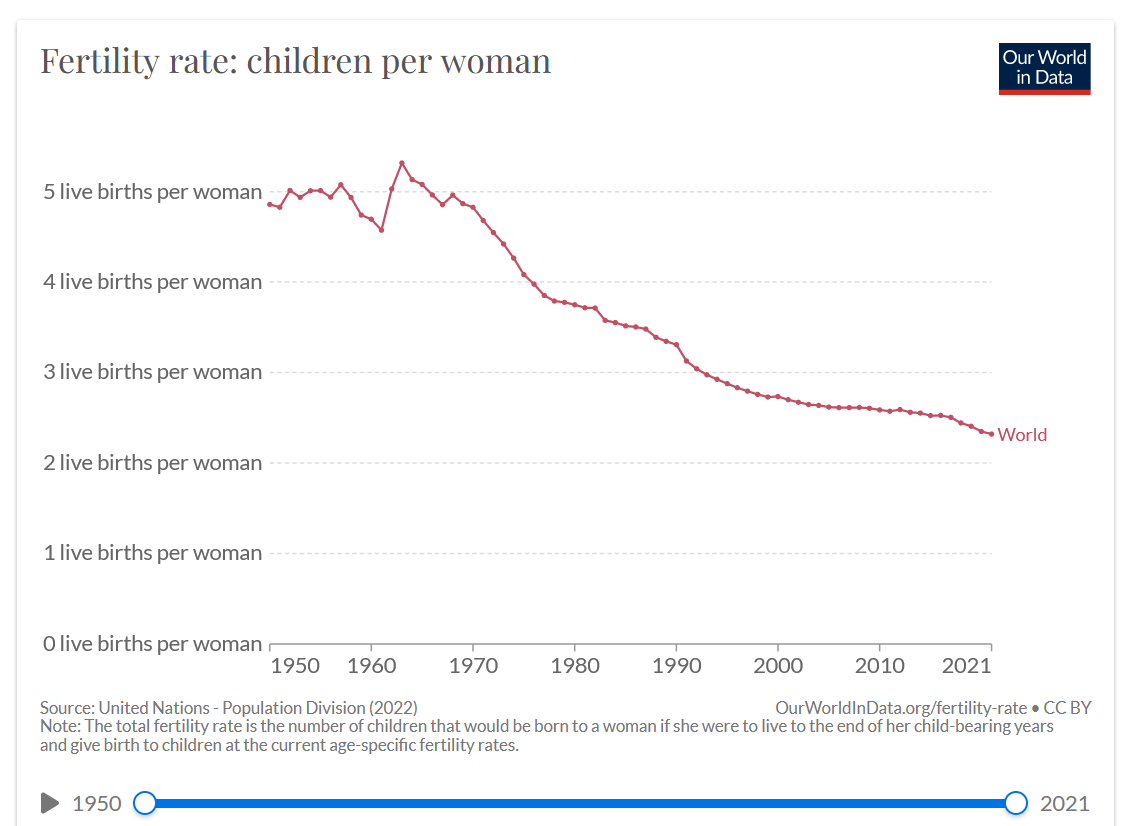As the global birth rate plunges lower, many in the West, particularly North Americans, are opting for friendly canines to fill the void…
While no one factor is responsible for the dramatic decline in births and increase in pet ownership, Alex and Aaron believe they know some of the key drivers behind this dangerous phenomenon.
With the ever-increasing cost of living to the broad change in social values and behavior, Alex and Aaron look beyond the headlines into why so many in their 20s and 30s are simply not having kids.
Medium’s Joseph Serwach explains in When Did We Start Replacing Babies With Dogs? that,
“Most Americans in their 30s have a dog or more than one. Millennials, born from 1981–96, are half as likely to be married or living with a partner than Americans were at the same age 50 years ago.”
Unsurprisingly this has led to a surge in capital flowing into the pet industry, from food to high-end dog spas. He continues,
“Globally, the “pet care industry” exploded from $216 billion in 2020 to $232 billion this year.”
Declining Birth Rate Consequences

The chart above tells the story. Moreover, in every western country except France, the birth rate has fallen below 2.
In a debt-based monetary system, ever-expanding credit is paramount. With a shrinking population, this economic system can become challenging to sustain without immigration. Furthermore, all of the social programs (entitlements) rely on new workers paying into them, by way of taxes and through pension plans. Without enough new taxpayers (substantially more taxpayers required than retirees), the system will break down quite quickly.
Without substantial immigration, a birth rate of 1.1 will cut the population in half every generation. Canada is already down to 1.4…
While Canada has historically enjoyed a steady stream of immigrants, today, we rely on record numbers to sustain growth. As this global phenomenon spreads, Canada will face increasing competition from countries like Australia and Italy, desperate to attract immigrants or face dire economic consequences.
Toward the conclusion of the pod, Alex and Aaron offer advice for young people concerned about starting a family, affordability, and lifestyle choices.


